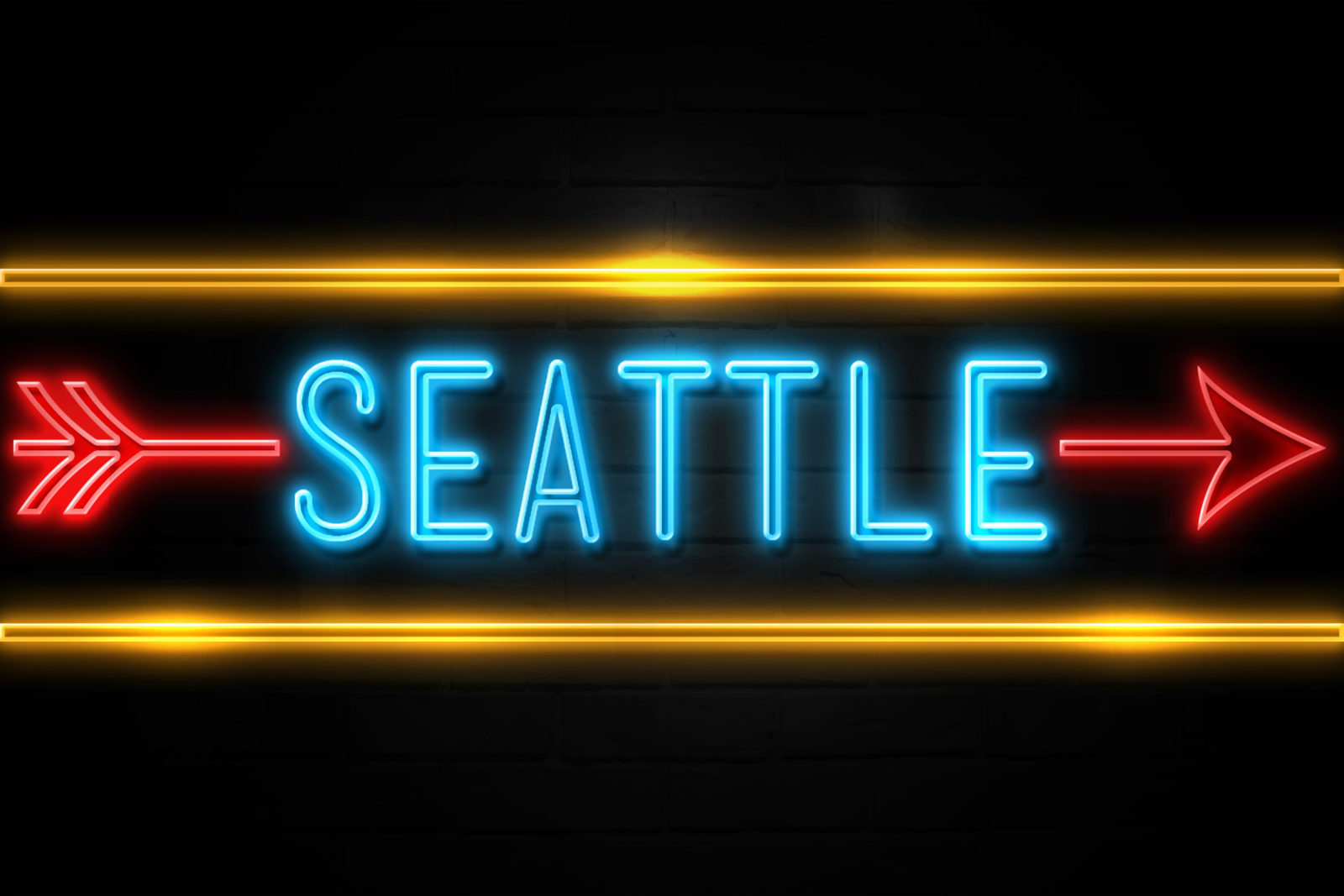The Latest Knute Berger at Crosscut Recalls Miller and Chapman
Originally published at CrosscutFormer Washington Congressman John Miller died this week. He was a Republican who served a decade of terms in his Seattle-area district. First elected in 1984, he was later appointed as a U.S. ambassador by George W. Bush to focus on the scourge of human trafficking.
Little remembered is that Miller was part of a cohort of ambitious young politicians who replaced a stodgy, aging Seattle City Council at a time when the public sought to end bipartisan corruption at various levels of local government, including the council, the Seattle Police Department, and the King County Prosecutor’s Office. A neighborhood-based city council reform movement called CHECC swept some fresh faces onto the city council between 1967 and 1973.
Many of the leaders in that movement and others who ran for office at the time touting reform were Republicans — a trend nearly lost in a city where the GOP has been virtually extinct for three decades. Only about 15 percent of voters in Seattle are Republicans today, says political consultant Ben Anderstone. But in the late 1960s and ’70s, a number of them swept into office to remake the government and pull Seattle into the modern urban age. As political reporter James Bush once wrote, “CHECC was trying to drag creaky old Seattle into the 20th Century.”
Chris Bayley was elected to the King Co. prosecutor’s office in 1970. Republicans like Miller and Tim Hill joined the CHECC city council, and Hill went on to be county executive (1984-92), following in the footsteps of Seattle Republican John Spellman who was elected to that office when it was created in the ’70s. Another GOP reformer who joined the council: Bruce Chapman.
Miller supported saving and rejuvenating the Pike Place Market, recognizing the value of new forms of urban development based on preservation. He supported taking down the Alaskan Way Viaduct long before that became an urban cause. Tim Hill was an early proponent of urban cycling and campaigned for mayor on his bike.
Continue Reading at Crosscut